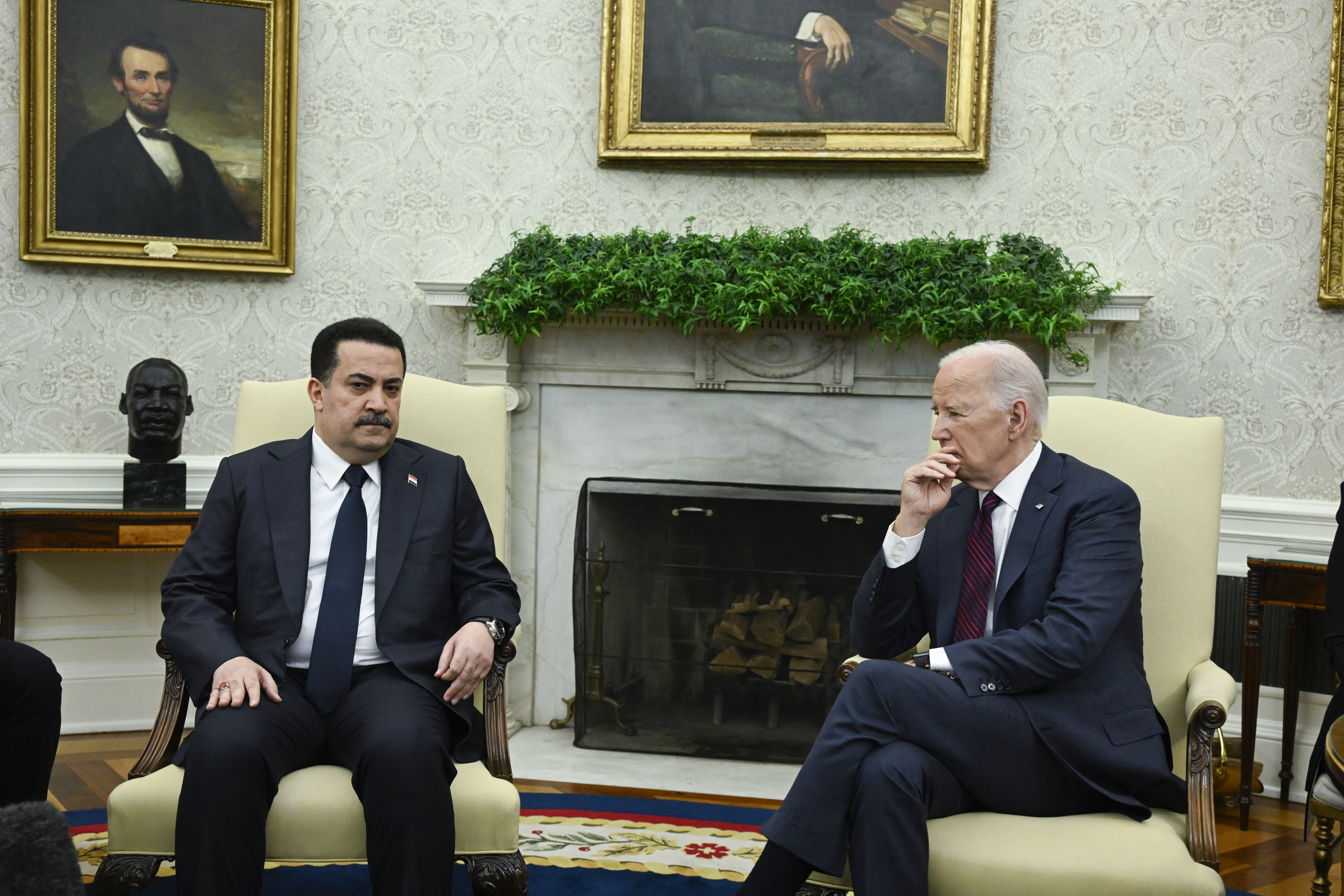Basra’s energy reliance epitomises Iraq’s dependence on Iran

Few in Iraq’s oil capital, Basra, look forward to
the fetid humidity of summer, when temperatures can soar to 55C. But for Adel
Abdul Mahdi, Iraqi prime minister, the coming months will be especially
nerve-racking, as his government races to prevent a repeat of protests over electricity
blackouts that brought Basra to its knees last year. But to do this, he
requires the help of neighbouring Iran. The head of electricity production for
the area that includes Basra said he had a “guarantee from the Iranian side”
that there would be no repeat of 2018, when Tehran turned off the 400MW power
line to southern Iraq, worsening rolling blackouts that sparked unrest. That
promise, along with two new electricity units supplied by US company General
Electric, makes him “optimistic” that this summer will be better than last.
Basra’s energy reliance on Iran epitomises Iraq’s awkward dependence on a
neighbour with which it has long had a volatile relationship, including a
bitter eight-year war in the 1980s. Iran and Iraq have forged close ties in the
years since the dictator Saddam Hussein was ousted in the 2003 US-led invasion.
But the ramping up of economic sanctions on Iran under US president Donald
Trump are aimed at weakening those ties. Mike Pompeo, US secretary of state,
used a brief visit to Baghdad last week to ratchet up the pressure on Tehran.
The US “stood ready to continue to ensure that Iraq was a sovereign,
independent nation,” Mr Pompeo warned, referring to what American officials
said was Iran’s escalating activity in Iraq, without giving further details.
Sadiq al Ali, a Basra-based businessman, reflected widespread popular
frustration with US and Iranian interference in the country when he said: “I
hate Iran and I hate America. Because they cause trouble.”
During the riots last summer, protesters turned
their ire on the Iranian consulate in Basra and set fire to it, along with
local political party buildings. Mortars were also lobbed at the US consulate
near Basra airport. Dependence on Iranian electricity is just one way that
southern Iraq relies on its neighbour. Many in Basra see a conspiracy behind
Iran’s commercial hold on their city in everything from food to fuel. They
lament how Basra’s economic development has lagged despite its huge oil wealth.
“We are Iran’s backyard,” complained Hassan Sarhan, a lawyer and civil rights
activist. “They can do anything here.” Although difficult to prove, such
suspicions chime with the Trump administration’s accusations that Iran meddles
in the region with malevolent intent. Washington’s main concern is Iran’s
influence over the Shia politicians who rule in Baghdad, many of whom spent
time as political exiles in Iran when Saddam was in charge. The US also fears
that powerful Iran-linked Shia militias could threaten US assets and personnel
in Iraq, despite recently fighting alongside each other against the Sunni
extremist group Isis. The concerns of Basra’s residents are rooted in the
city’s politics, which has been dominated by Iran-linked parties and militias
since the US-led invasion. Many in Basra believe this has left local government
institutions in hoc to Iranian companies and unwilling to improve local
manufacturing or services because Iran benefits from selling to them.
Underlining their concerns, Hadi al Ameri, a militia
leader turned politician with Iranian ties, recently became involved with the
state’s Basra Oil Company, its general director Ihsan Esmael confirmed to the
Financial Times. However, Zmkan Ali Saleem, senior researcher at the American
University of Iraq’s Institute of Regional and International Studies, said Iran
was too often a scapegoat for Iraq’s own failure to provide basic services and
develop its economy. Blame for that, he said, rested with “the Iraqi state and
Islamist parties in Basra who have been competing violently for resources”.
Take electricity. The sector has been unable to meet demand despite absorbing
$120bn since 2003, Iraq’s electricity minister Luay al-Khatteeb said this year,
blaming corruption and mismanagement and war damage. This is equivalent to 12
per cent of national income. The International Energy Agency said Iraq’s
network losses were “astronomical”, with as much as 60 per cent of electricity
wasted in transmission. Unable to generate and transmit sufficient electricity
domestically, Iraq needs its energy lifeline from Iran. But anger at Baghdad’s
failure to pay its mounting debts led to last summer’s decision by Iran to turn
off the power line to southern Iraq. Electricity outages worsened, and protests
grew.
The oil-rich nation needs Iranian gas to fire its
power plants. The US wants Baghdad to stop these purchases, which would be in
violation of renewed American sanctions on Tehran. But Iraq cannot function
without it, and the US has been forced to issue its third 90-day sanctions
waiver. Biting sanctions ensures that Iran needs Iraq as a market for its goods
more than ever. Iraq is Iran’s second-biggest non-oil export destination, after
China. Of $44bn Iranian non-oil exports, almost $9bn worth of goods, from
bricks to yoghurt, were exported to Iraq in the year to March — up 36 per cent
year on year, according to the Iran-Iraq Chamber of Commerce. A 60 per cent
fall in the rial’s value over the past year has accelerated this by making Iranian
imports cheaper. Supermarket shelves in Basra are filled with Iranian goods,
from meats to ice cream. About 80 per cent of agricultural produce for sale in
the city’s markets are imported, mostly from Iran, according to the Norwegian
Refugee Council, an NGO. Iraqi farmers complain that they cannot compete with
cheaper Iranian vegetables. Basra is so reliant on Iranian produce, observed a
teacher in the city, that tomato prices almost doubled during the Persian new
year celebration in March, as Iranian suppliers closed down for the Nowruz
holiday.

